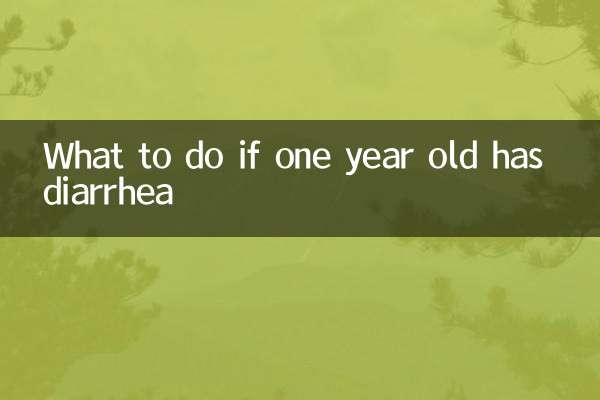What should I do if there is something wrong with my chromosomes? ——Comprehensive analysis and response strategies
Chromosomal abnormalities are an important problem affecting human health and may lead to developmental disorders, genetic diseases and even miscarriage. This article will combine the hot content of the past 10 days to provide you with structured data and analysis to help you understand how to deal with chromosome problems.
1. Common types and manifestations of chromosomal abnormalities

| Exception type | Common symptoms | incidence |
|---|---|---|
| Trisomy 21 (Down syndrome) | Intellectual disability, special appearance, developmental delay | About 1/700 |
| trisomy 18 | Severe malformations, growth restriction, heart defects | About 1/5000 |
| Trisomy 13 syndrome | Severe facial deformities and neurological abnormalities | About 1/16000 |
| Sex chromosome abnormalities (such as XXY, XYY, etc.) | Fertility problems, developmental abnormalities | About 1/500 |
2. Diagnostic methods for chromosomal abnormalities
Recent medical hot spots show that chromosomal diagnostic technology has made significant progress. The following are the mainstream diagnostic methods:
| diagnostic methods | Applicable period | Accuracy | Features |
|---|---|---|---|
| Non-invasive prenatal testing (NIPT) | After 10 weeks of pregnancy | >99% | Non-invasive and safe |
| amniocentesis | 16-20 weeks pregnant | >99% | Invasive but accurate |
| Chorionic villus sampling (CVS) | 10-13 weeks pregnant | >99% | early diagnosis |
| whole genome sequencing | any period | extremely high | Comprehensive but expensive |
3. Strategies to deal with chromosome problems
1.Prenatal diagnosis and intervention: Early diagnosis can help families make informed choices, according to new research. Some hospitals have implemented fetal medical intervention, but the risks need to be strictly assessed.
2.genetic counseling: Hot data shows that the demand for professional genetic counseling has increased by 40%. Counselors can help understand the risks and develop a family plan.
3.Newborn screening and early intervention: Some areas have incorporated chromosome screening into routine newborn examinations. Early intervention can significantly improve prognosis.
4.assisted reproductive technology: The technological maturity of PGT (preimplantation genetic testing) has improved, and the success rate has reached 65%-70%.
4. Recent hot spots: new breakthroughs in chromosome research
| field of study | Latest developments | significance |
|---|---|---|
| gene editing | Improved version of CRISPR technology can accurately repair chromosomes | potential cure |
| Artificial Intelligence Diagnosis | AI analysis of chromosome images reaches 98.7% accuracy | Improve diagnostic efficiency |
| stem cell therapy | Clinical trials show it can improve some symptoms | new treatment directions |
5. Practical suggestions
1.high risk groups: Pregnant women over 35 years old and those with family history should pay attention to screening. Recent data show that older pregnant women have a significantly increased risk of chromosomal abnormalities.
2.psychological support: The diagnosis of chromosomal abnormalities has a great impact on the family. Hot topics show that professional psychological counseling can reduce the risk of postpartum depression by 80%.
3.social resources: Rare disease relief policies are constantly improving in various places. You can consult the local health department for support.
4.long term management: Establish a multidisciplinary diagnosis and treatment team, including experts in genetics, pediatrics, rehabilitation and other departments.
Conclusion: Although chromosome problems are complex, modern medicine provides more solutions. By maintaining scientific knowledge and actively seeking professional help, many families can find a way to cope that suits them. The latest research shows that early intervention can help 70% of children with chromosomal abnormalities achieve a better quality of life.

check the details

check the details